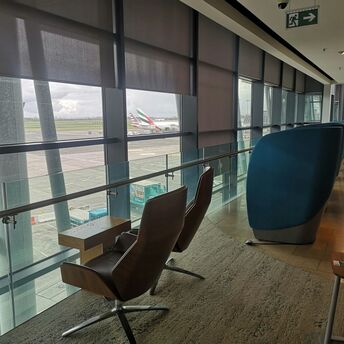Tourist Taxes in the UK: Balancing Growth with Cultural Preservation

Wales intends to be the pioneer in the United Kingdom in implementing a countrywide traveler levy designed to bolster the native Welsh tongue. Guests are anticipated to contribute an extra charge of £1.25 per evening at accommodations or £0.75 for lodging at camping sites and guesthouses, based on the area. This tax is projected to generate significant annual revenue, which will be directed toward the government’s plan to promote the language. A substantial portion of the funds will be used to enhance its visibility, support local communities, and preserve cultural heritage.
This initiative aligns with a broader trend of implementing tourist taxes across the region. For instance, some cities, such as Manchester and Liverpool, have already adopted similar models, while Edinburgh is preparing to implement one in the coming years. The Welsh administration highlights that the visitor levy will likewise support the financial resilience of areas where travel plays a significant part, and the tongue is an essential element of the cultural setting. Although facing some objections, this measure is viewed as a crucial stride in tackling cultural and financial issues.
Wales' plan to implement a visitor levy underscores the financial and cultural advantages such actions can offer, as shown by the tangible achievements of another metropolis apart from those already noted—Manchester. It became the initial urban area in the United Kingdom to adopt a visitor fee, which was introduced in early 2023. The nightly charge, fixed at a reasonable rate per accommodation, applies to hotels, flats, and inns in the downtown area. This levy has raised millions, which have been allocated to advancing cultural and travel initiatives, maintaining street cleanliness, and enhancing the overall guest experience. The proposal received support from the majority of representatives within the hospitality sector.
Manchester greets countless global visitors annually and stands as one of the most favored locations in the nation. Travel and tourism greatly aid the regional economy, and the expansion of the lodging industry persistently generates fresh prospects. Each year, the city schedules the launch of multiple modern accommodations, artistic centers, and cutting-edge concert venues. This continuous progress reinforces Manchester's status as a prominent traveler destination.
Wales' initiative to introduce a national tourist tax marks a significant step toward achieving a balance between tourism growth and the preservation of cultural heritage and economic sustainability. By directing revenue into meaningful projects, this measure aims to support local communities, enhance cultural visibility, and ensure long-term benefits for both residents and visitors. While the approach may face challenges, it represents a forward-thinking strategy to address the complexities of modern tourism.



















